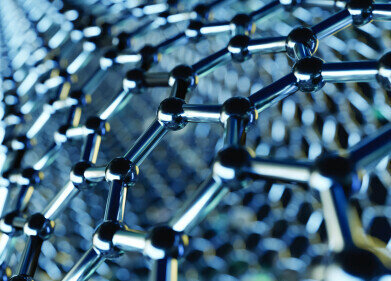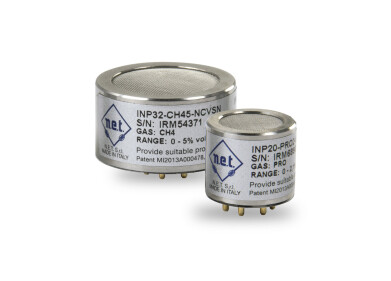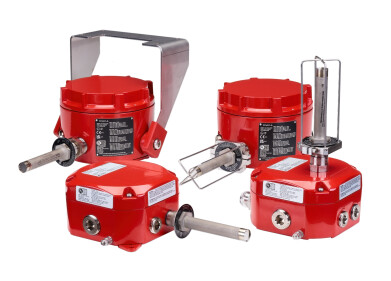-
 Scientist finds trading emissions allowances 'does not cause pollution hotspots'
Scientist finds trading emissions allowances 'does not cause pollution hotspots'
Safety
Trading credits to reduce emissions 'does not create pollution problems'
Apr 01 2011
Programs that allow US businesses to buy and sell credits to reduce emissions have been criticised by some spectators, who believe this could cause some areas to suffer from more pollution than others.
However, professor at the Indiana University School of Public and Environmental Affairs Evan Ringquist claims that this problem has not occurred.
The study looks particularly at amendments to the Clean Air Act in 1990, when the sulphur dioxide (SO2) allowance trading program was introduced.
While the suggested hotspots were found to have not appeared, "allowance trading appears to concentrate SO2 emissions in areas with large percentages of people without a high-school education."
The full paper is due to be published in the spring.
Professor of biochemical engineering at the University of Cambridge Howard Chase recently revealed a potential new way to reduce emissions, by turning waste motor oil into fuel.
He unveiled his ideas at the 241st National Meeting & Exposition of the American Chemical Society, where he announced that 90 per cent of waste oil could be recycled in this way.
Digital Edition
PIN 25.6 Buyers' Guide
January 2025
Buyers' Guide Directory - Product Listings by Category - Suppliers Listings (A-Z) Articles Analytical Instrumentation - ASTM D7042: The Quantum Leap in Viscosity Testing Technology -...
View all digital editions
Events
Jan 20 2025 San Diego, CA, USA
Jan 22 2025 Tokyo, Japan
Jan 25 2025 San Diego, CA, USA
SPE Hydraulic Fracturing Technology Conference and Exhibition
Feb 04 2025 The Woodlands, TX, USA
Feb 05 2025 Guangzhou, China


















